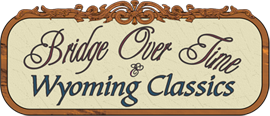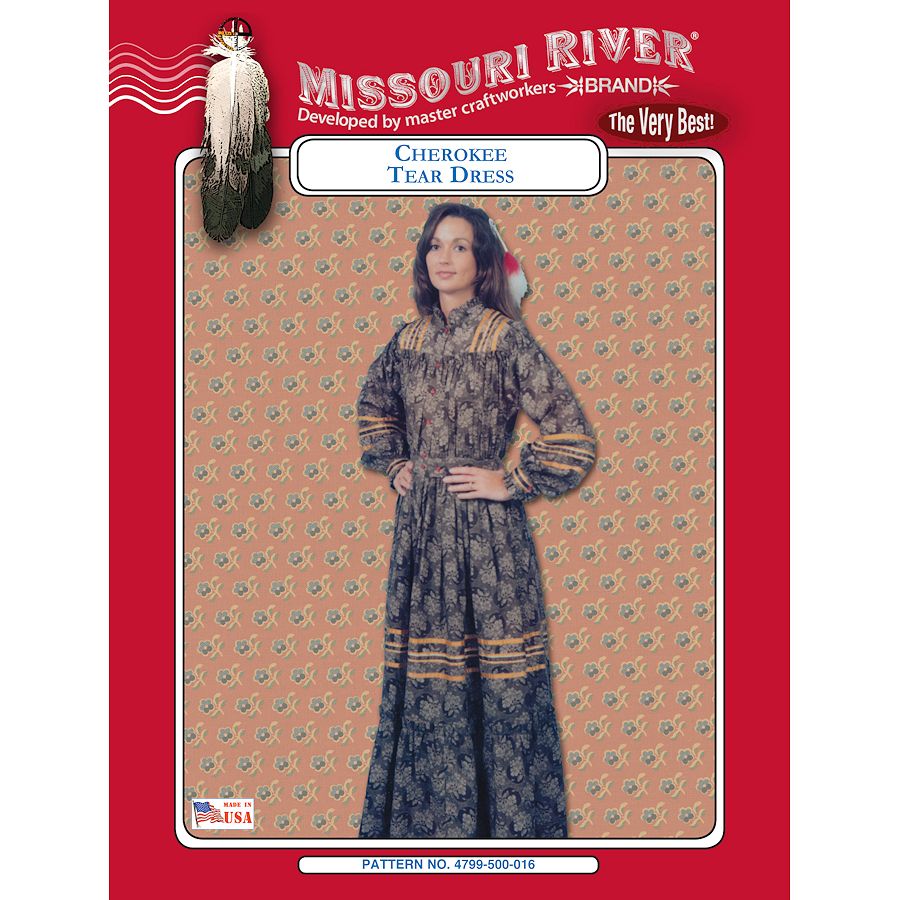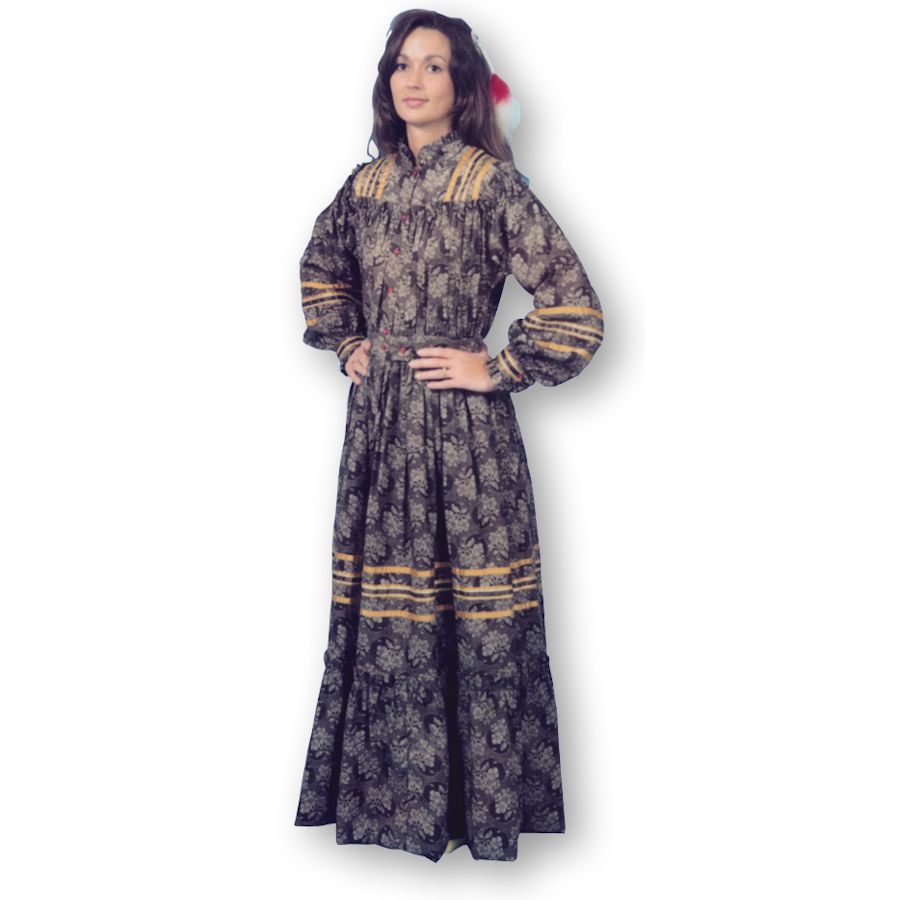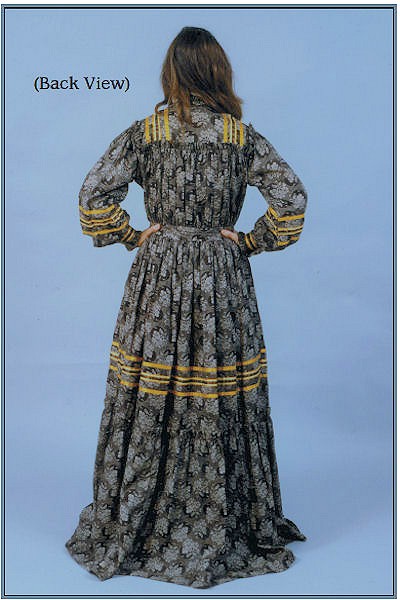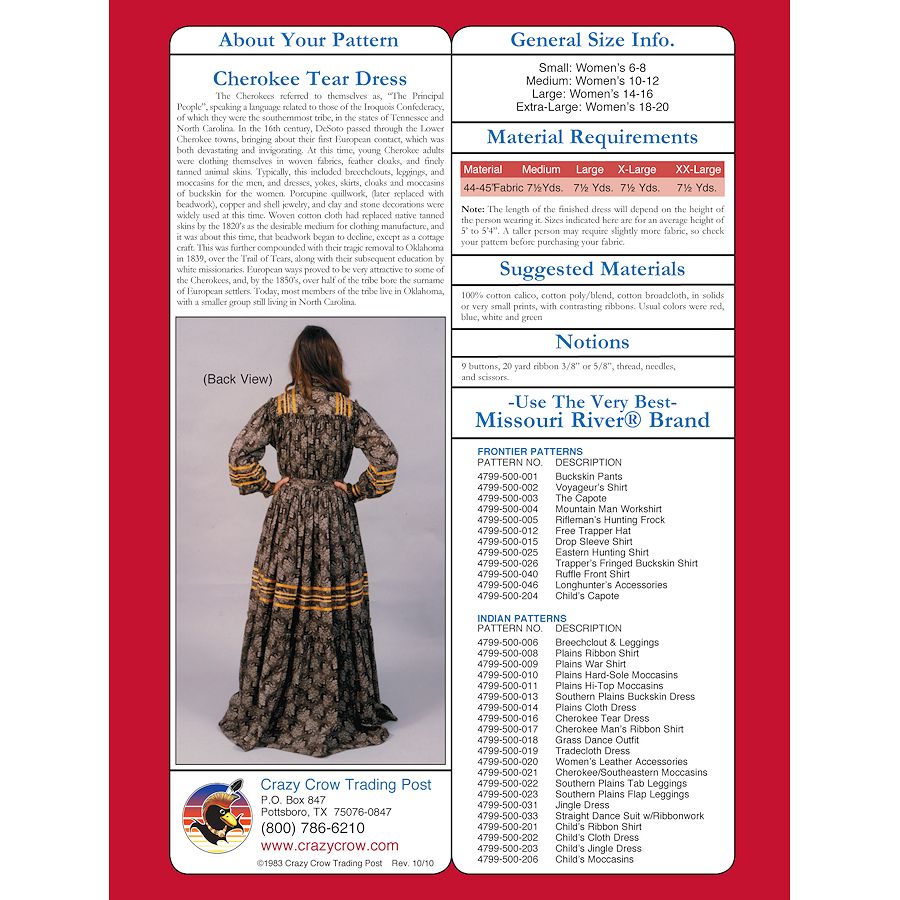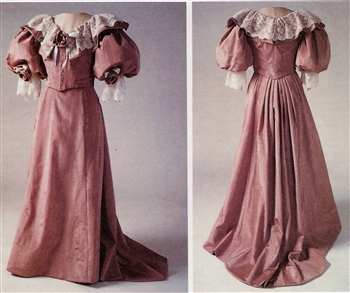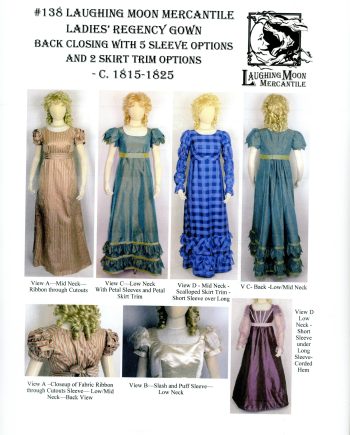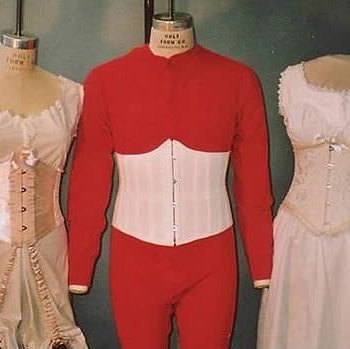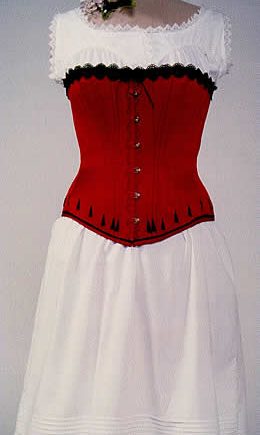Description
About Your Plains Cherokee Tear Dress Pattern
The Cherokees referred to themselves as, “The Principal People”, speaking a language related to those of the Iroquois Confederacy, of which they were the southernmost tribe, in the states of Tennessee and North Carolina. In the 16th century, DeSoto passed through the Lower Cherokee towns, bringing about their first European contact, which was both devastating and invigorating.
At this time, young Cherokee adults were clothing themselves in woven fabrics, feather cloaks, and finely tanned animal skins. Typically, this included breechclouts, leggings, and moccasins for the men, and dresses, yokes, skirts, cloaks and moccasins of buckskin for the women. Porcupine quillwork, (later replaced with beadwork), copper and shell jewelry, and clay and stone decorations were widely used at this time.
Woven cotton cloth had replaced native tanned skins by the 1820s as the desirable medium for clothing manufacture, and it was about this time, that beadwork began to decline, except as a cottage craft. This was further compounded with their tragic removal to Oklahoma in 1839, over the Trail of Tears, along with their subsequent education by white missionaries.
European ways proved to be very attractive to some of the Cherokees, and, by the 1850s, over half of the tribe bore the surname of European settlers. Today, most members of the tribe live in Oklahoma, with a smaller group still living in North Carolina.
Notions & Tools
9 buttons, 20 yard ribbon 3/8″ or 5/8″, thread, needles, and scissors.
General Size Info
Small: Women’s 6-8
Medium: Women’s 10-12
Large: Women’s 14-16
Extra-Large: Women’s 18-20
Material Requirements
Note: The length of the finished dress will depend on the height of the person wearing it. Sizes indicated here are for an average height of 5″ to 5″ – 4″. A taller person may require slightly more fabric, so check your pattern before purchasing your fabric.

Suggested Materials
100% cotton calico, cotton poly/blend, cotton broadcloth, in solids or very small prints, with contrasting ribbons. Usual colors were red, blue, white and green
